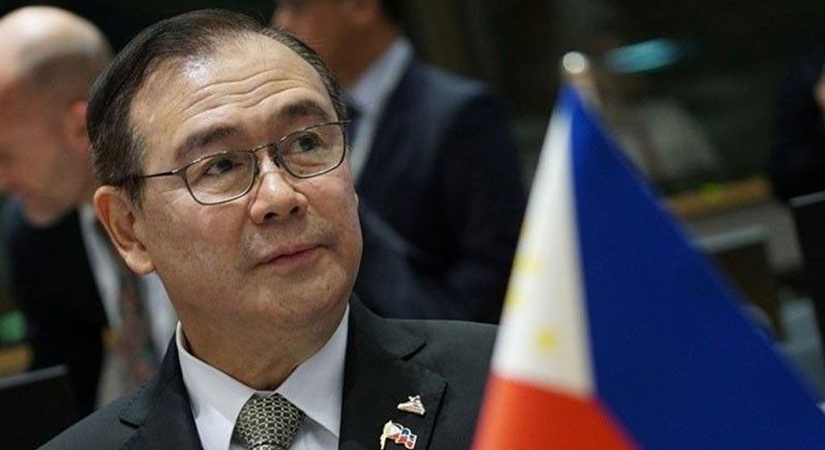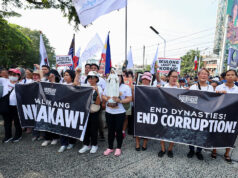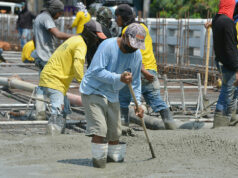
PRESIDENT Ferdinand R. Marcos, Jr. has appointed former Foreign Affairs Secretary Teodoro L. Locsin, Jr. As his special envoy to China, Malacañang said on Wednesday.
He would continue in his role as Philippine ambassador to the United Kingdom, Presidential Communications Office Secretary Cheloy Velicaria-Garafil told reporters in a Viber message.
The appointment of Mr. Locsin, ex-President Rodrigo R. Duterte’s top diplomat, comes amid China’s increasing assertiveness in the South China Sea.
Mr. Duterte led a foreign policy pivot to China in 2016 in exchange of investment pledges, few of which had materialized.
He met with Chinese President Xi Jinping last month, during which he reportedly asked the Chinese leader to look kindly on the Philippines.
The sea dispute between the two nations was never brought up during the meeting, Senate President Juan Miguel F. Zubiri said last week, citing Mr. Marcos.
The President met with Senate leaders early this month after meeting with Mr. Duterte at the presidential palace, the senator said.
There were proposals from his Senate allies to make him a special envoy to China, citing his “good standing” with Beijing.
Mr. Locsin filed a number of diplomatic protests against China as chief of the Department of Foreign Affairs (DFA) from October 2018 until the end of Mr. Duterte’s term in June 2020.
In 2021, he tweeted expletives against Beijing after DFA protested the “illegal presence of hundreds of Chinese vessels inside the Philippines’ exclusive economic zone.”
Last week, Manila protested against Beijing after its coast guard blocked and fired water cannons at Philippine boats on a resupply mission at Second Thomas Shoal, which the Philippines calls Ayungin.
Mr. Locsin is the son of the late journalist Teodoro Locsin, Sr., who was among the thousands detained during the late dictator Ferdinand E. Marcos’ martial rule in the 1970s.
The younger Locsin served as a speechwriter and legal counsel of the late President Corazon C. Aquino, who rose to power after a popular uprising in February 1986 forced the Marcoses to go into exile in the United States. — Kyle Aristophere T. Atienza



